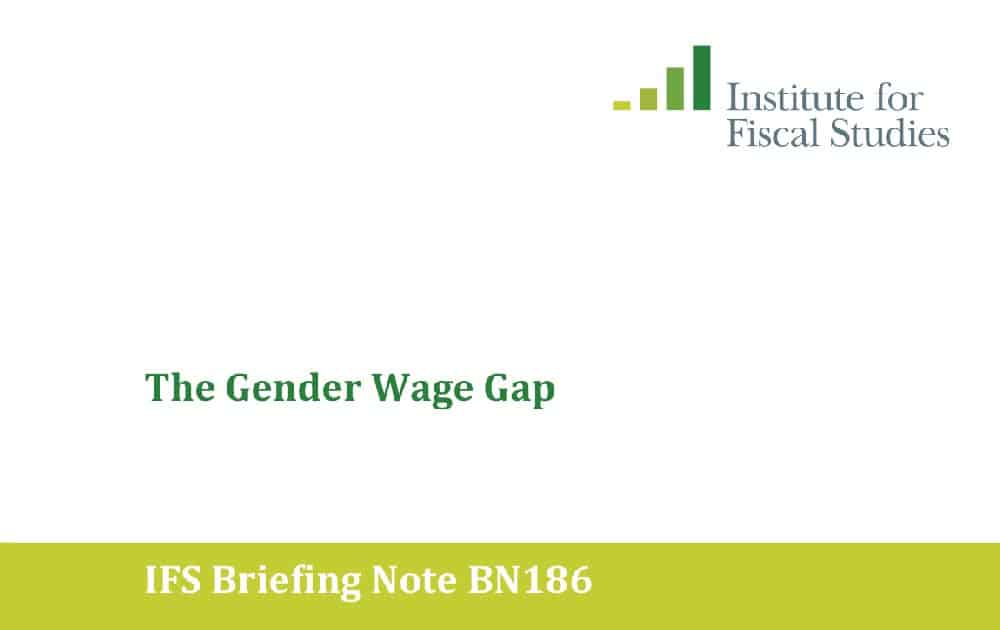
The Problem with Us Women
Earlier this year Jennifer Lawrence got some stick about her voicing her unhappiness that male actors in Hollywood still consistently take home higher pay than women. Last year she cleared around £42m so it’s hard to understand the point at one level, but on another she is in the same space as us. This year the Institute for Fiscal Studies published its findings into the gender wage gap in the UK and it makes for pretty depressing reading. Apparently women continue to take home 18% less, and take a bigger career hit for things like bringing up children and other unreasonable indulgences. Though even before your first child as a woman you should expect to earn around 10% less than men. Are you all ok with that?
It is a significant societal issue, not one restricted to health or public services. So what can you do, on your own to make a difference.
I am all for creating big society change and rocking the ship – but I am also keen on individual action and each of us taking individual responsibility for our own part. Here are a couple of prompts for you to think about – what might make a difference for you and the women around you?
1. It’s not personal, it’s business.
Talking about money can be difficult, especially for us weird Brits. It can feel horribly self serving, and frankly difficult to put a value on your time. I’ve just moved into consultancy and being independent and if I found it hard negotiating a salary before I find it much harder to talk about what I should take home each day. But this is business, and whether you are talking about the rate for your time, your salary, or your terms and conditions do remember that. The biggest frustrations come in relativities – there will be a going rate for the role and outliers will feel the problem more acutely. So do you know what the going rate is for your job? Do you know what those around you doing the same kind of role and holding the same kind of responsibility are being paid? If you are a man and find you’re paid more than women in comparable roles you have an opportunity to advocate on behalf of others. If you are a woman and you find yourself being undervalued, then have the professional conversation. Rehearse it, look at yourself in the mirror when you work out how to ask, without emotion, what you want and why you want it. Think about how you would advise someone else and then take that advice yourself. And in public service remember the conversation is professional on both sides. Yes we know we are in financially constrained times, but don’t be led into feeling guilty somehow for asking for more money when services are so stretched. This is about equal pay for equal work, we shouldn’t have to fight for it in 2016 but we do, and if men are being paid one rate for the job and you something else then it isn’t your responsibility to subsidise public services by maintaining the discrimination.
2. It’s not just about you.
Every single one of us who takes this issue on, brings profile to it, and makes it visible, is doing a great service to the other women around us and behind us. If our daughters are still suffering the same injustice in 15-20 years we hold some of the responsibility for that if we remain quietly collusive now. So if you need more persuasion to tackle the issue for yourself remember it won’t just be you who benefits if the injustice is corrected. Discrimination of what ever level is corrosive in all kinds of ways, we all have a duty to call it out when we see it.
3. Know the problem and believe it.
We will all have our own personal experience and whether you do now, or have ever felt unfairly treated many of us will have friends and colleagues that have been in this place. I know I have in my career and have raised it as an issue before. But of course denied. It is hard for many of us to believe in 2016 that this discrepancy does exist and to avoid explaining it away. So if you lead a team, or organisation or system make sure you know the facts of the service you are running and the reality of wage distribution. Not knowing is no excuse for not acting. If as a woman you have responsibility to make sure you are being treated fairly, as a leader that responsibility extends to those who work with and for you. You have a responsibility to make sure you have this information to hand and then respond accordingly. A sin of omission is still part of the collusion that maintains this particularly insidious unfairness. At times of turnover this is particularly acute – these are the easier times to redress any imbalance that may have crept in. And try and be aware of your own internal prejudices in negotiating salaries for new starters – are your conversations entirely the same regardless of the gender of the new employee? At the very least with new starters you can make sure you’re not making the problem worse.
I am really interested in your thoughts on this, do drop me a line.